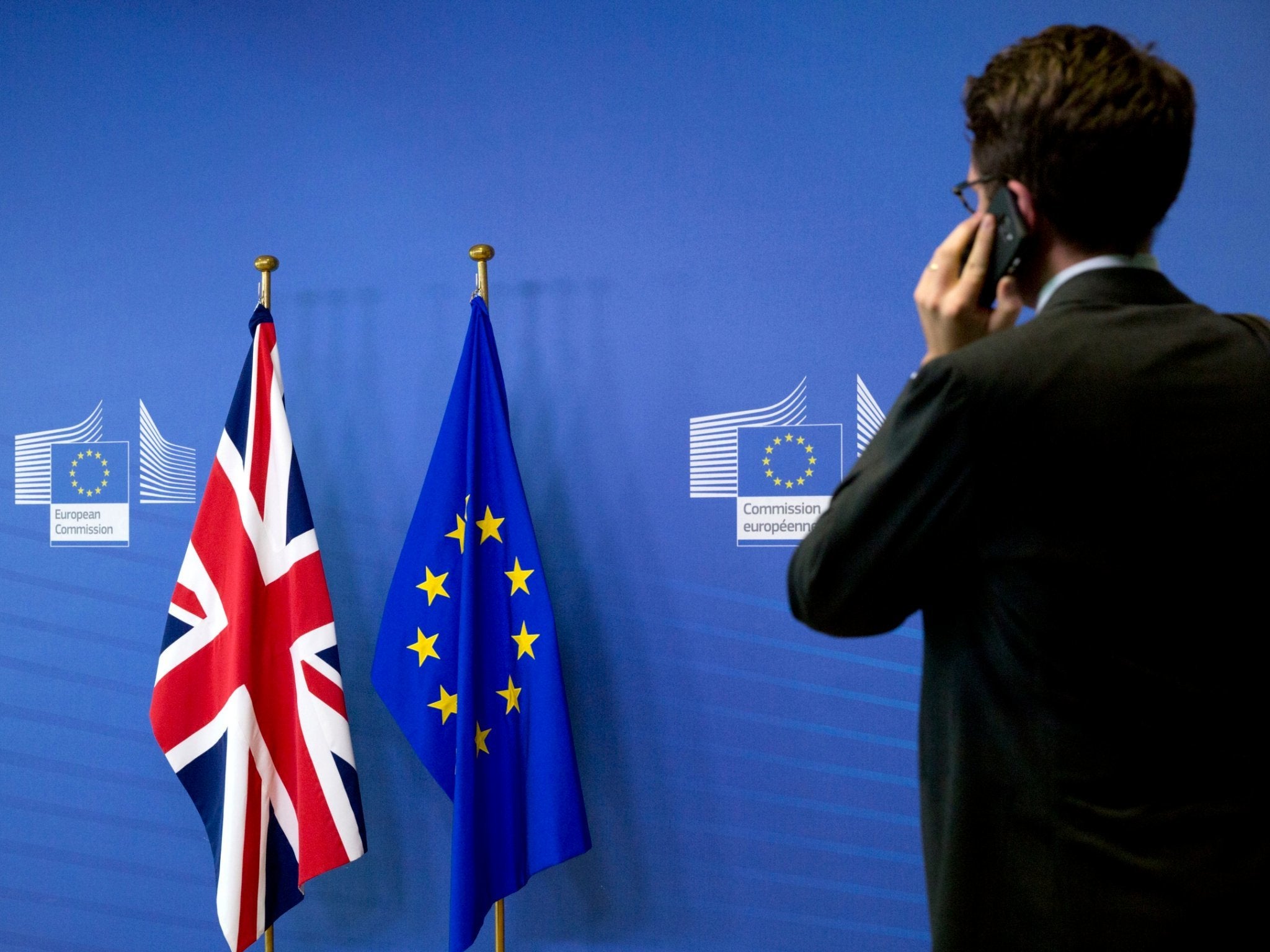Will I face roaming charges abroad after Brexit?
We’ve only recently stopped having to pay to use mobile phones in Europe – but, says Andrew Griffin, leaving the EU means that could be about to change


Roaming charges have, until recently, been one of the most punishing things about going on holiday. And they soon could be again.
Brexit has brought back fears that companies could re-introduce roaming fees and force people to pay extortionate amounts as they travel around Europe. Those charges disappeared because of EU rules – and could come back when the UK leaves as a result.
If the UK leaves under Theresa May’s deal, nothing much will change. It includes stipulations that the rules and regulations on roaming charges – just like other areas – will stay in place until the end of the transition period.
During that period, the EU and the UK would decide how those regulations will be implemented.
But if the UK doesn’t leave under May’s deal, or any other deal, everything gets a little more complicated. And it is worth delving into the history of how we got here.
Before the change, there were few limits on what carriers could charge to people who went abroad. That regularly meant phone bills so expensive that they were catalogued in news stories, documenting the pain of people accidentally charged thousands of pounds for phones and texts – and, less spectacularly, tourists that often avoided using their phone abroad entirely.
But regulations arrived in June 2017 that scrapped roaming charges across the continent. To ensure that people had the same service wherever they were, phone companies had to allow their customers to travel and use other networks as if they were in their home country.
Since then, holidaying Britons have largely avoided charges. Not only are you unlikely to be hit by huge costs, moving across the continent is largely seamless, with phones flicking on to different countries’ networks as you arrive in them with no real input.
If the UK leaves with no deal, that situation wil revert, and there will be no restrictions on what carriers want to charge their customers when they go abroad. Roaming charges will be back, in some form or another.
The government has said that in the event of a no-deal Brexit, it will bring in some restrictions: a £45-per-month limit on how much people can spend while abroad, and the requirement that users are notified as they hit 80 per cent and 100 per cent of their data allowances.
Still, the charges will be introduced only if the networks decide to. For now, all of the networks that have commented have said some variation on having “no plans” to introduce extra fees – though of course they may opt to introduce them all the same.
Some networks have already shown allowed these kinds of services in places outside of the EU. Three, for instance, has a programme called Feel At Home, which allows people to use their data allowances in a dozens of countries including the US, many of which are not in the EU.
Got an unanswered question about Brexit? Send it to editor@independent.co.uk and we’ll do our best to supply an answer in our Brexit Explained series
Join our commenting forum
Join thought-provoking conversations, follow other Independent readers and see their replies
Comments